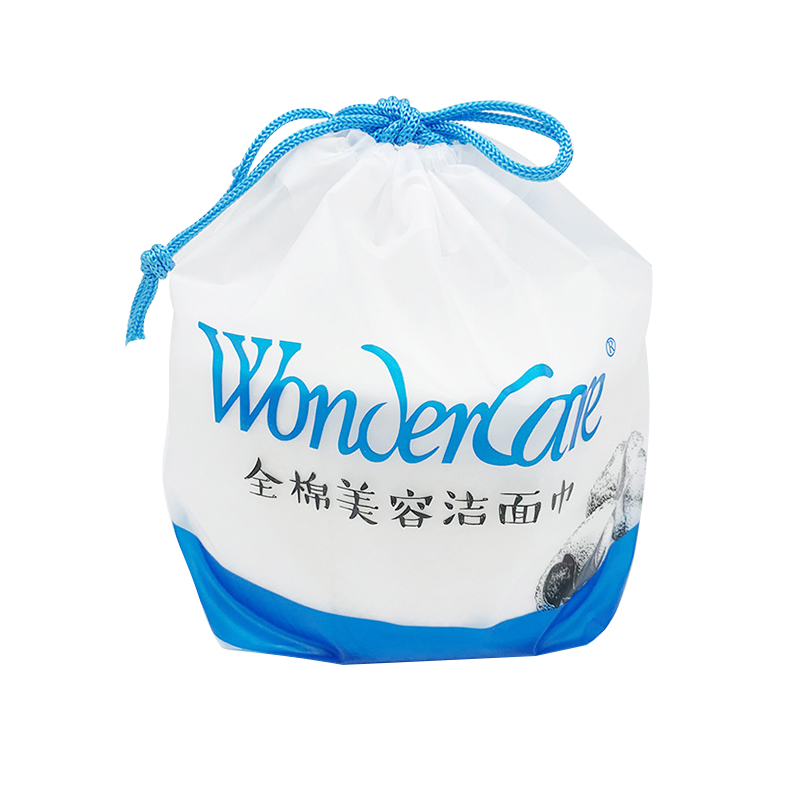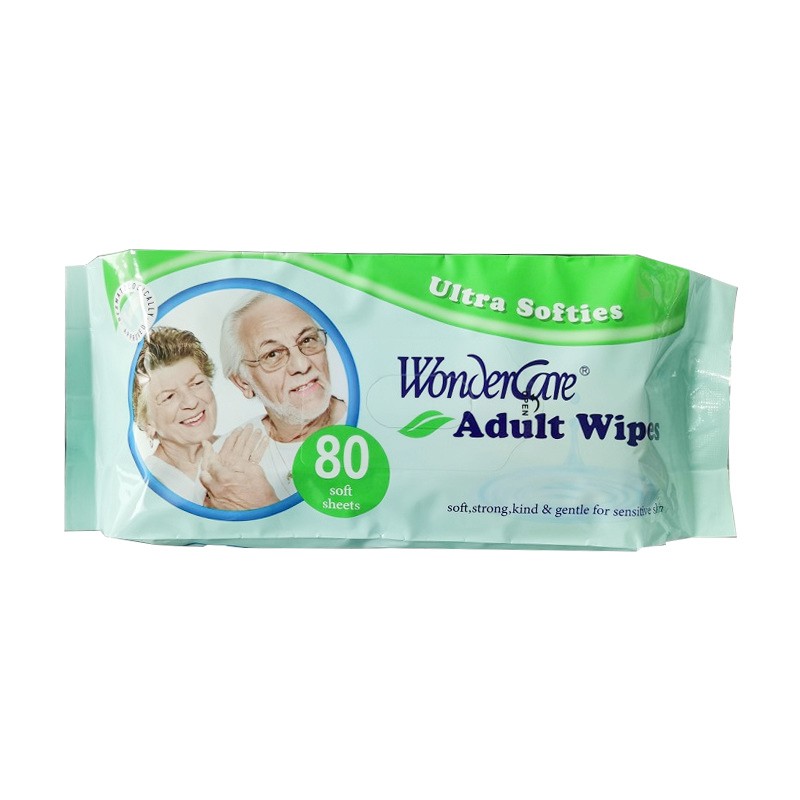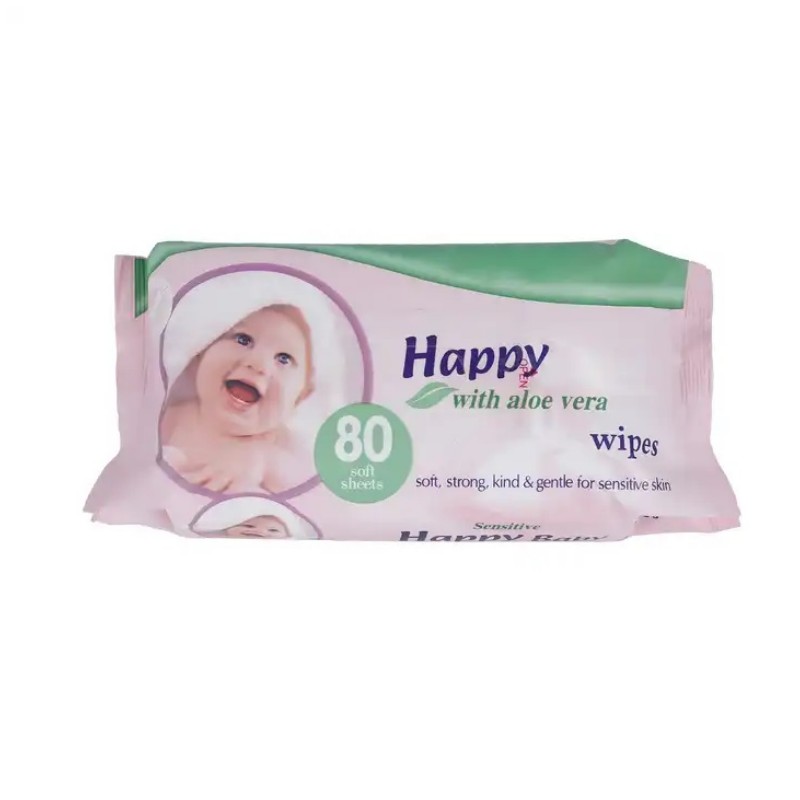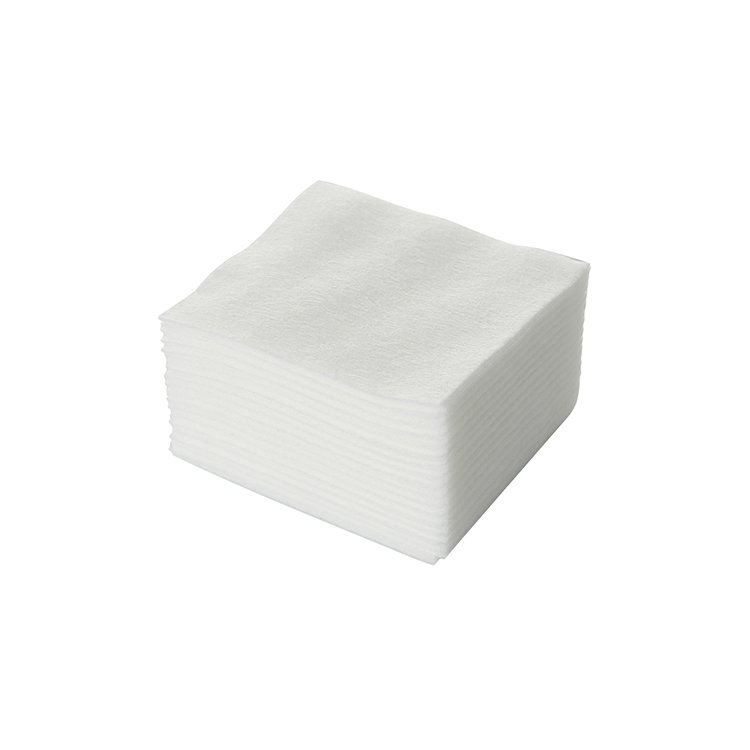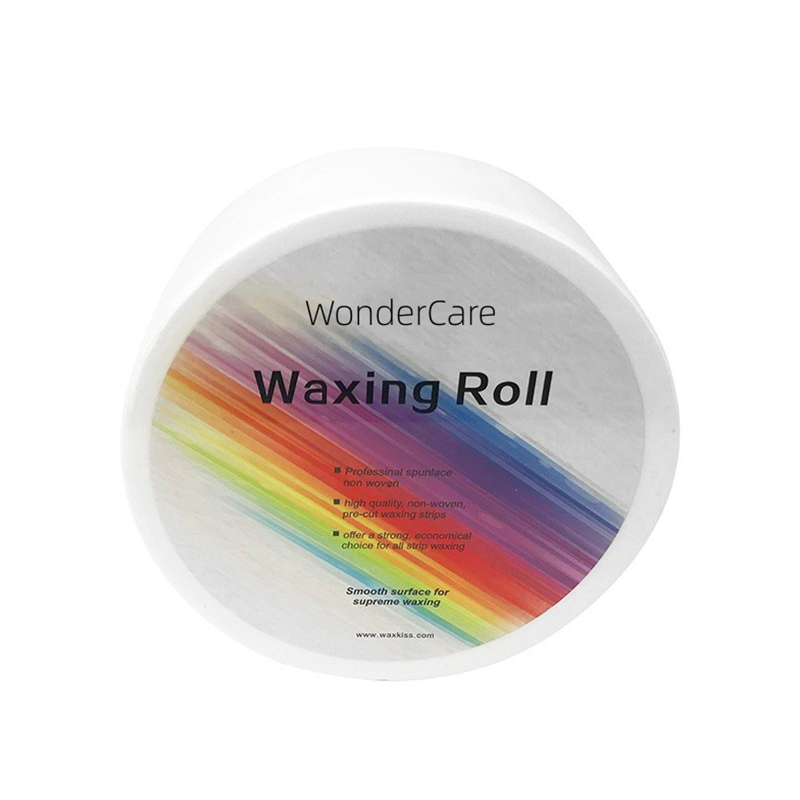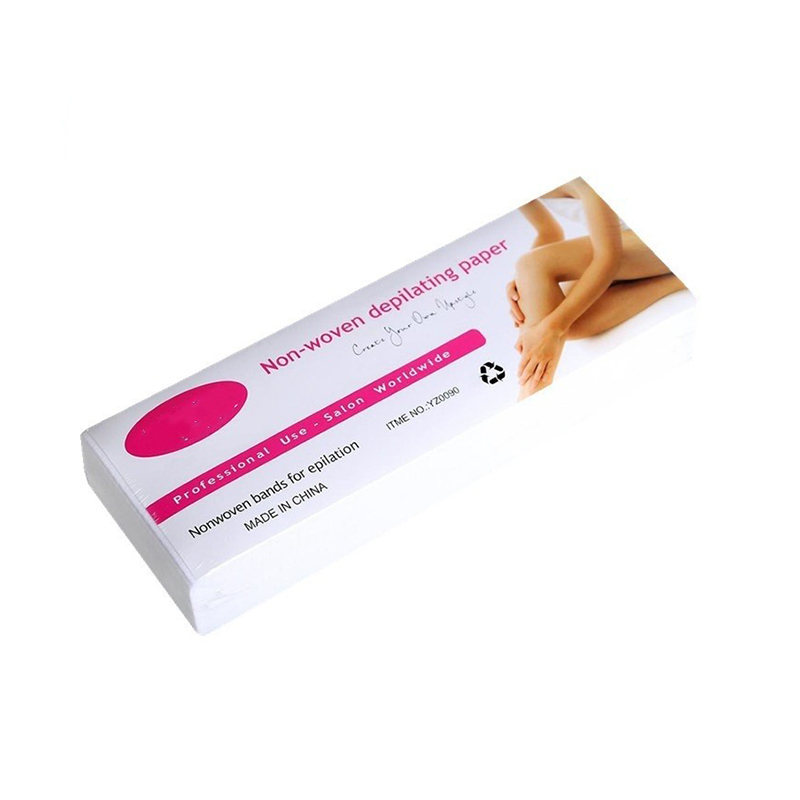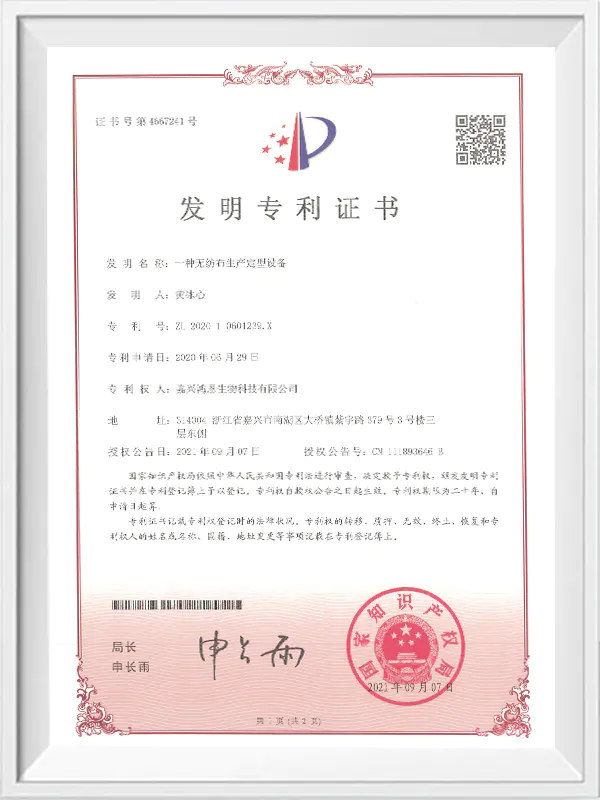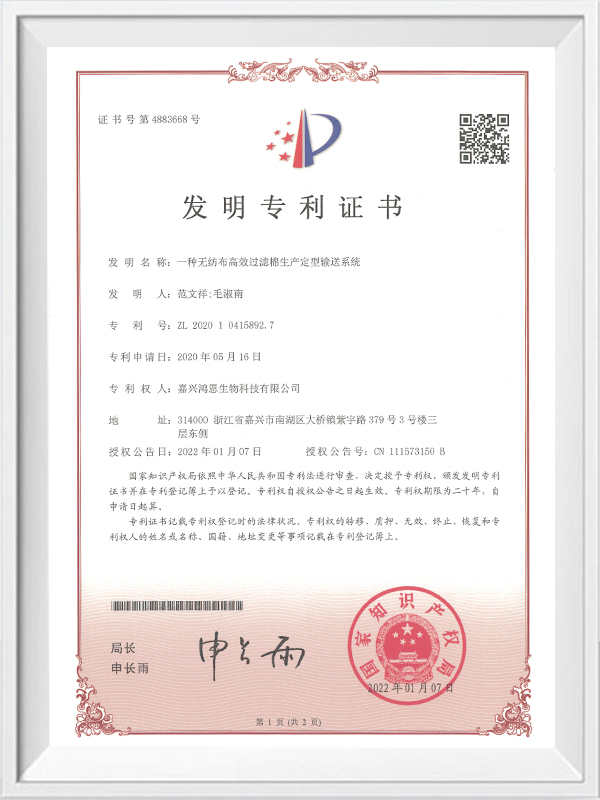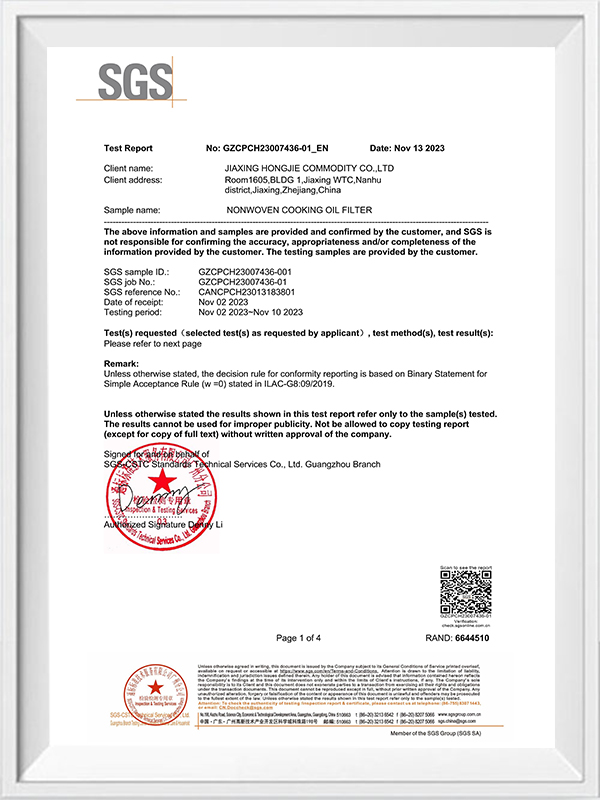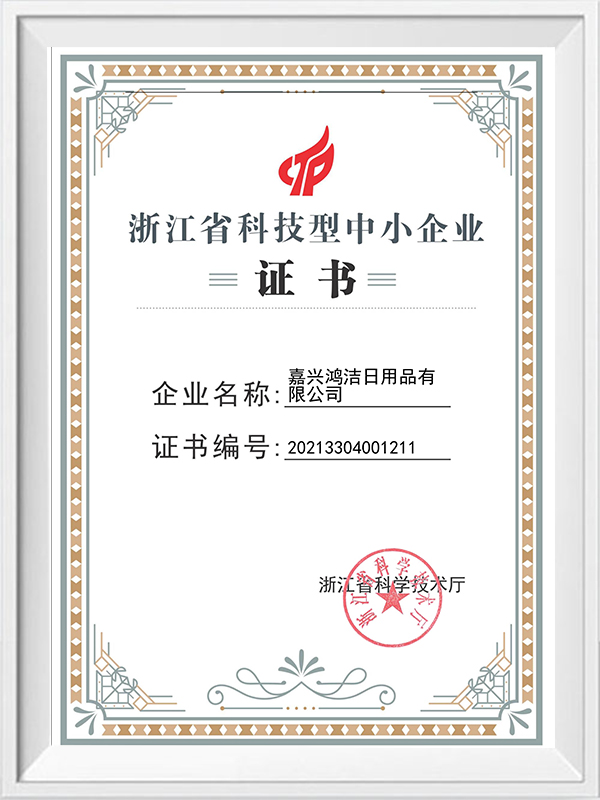Submit feedback
Personal Care Cloth Suppliers
Personal Care
Personal care encompasses a wide range of products designed to maintain personal hygiene, enhance appearance, and promote overall well-being. This category includes items such as personal wipes, makeup cotton pads, and depilation strips, which are essential for daily grooming routines. Personal wipes offer a convenient solution for cleansing and refreshing the skin, ensuring hygiene on the go. Makeup cotton pads are crucial for applying and removing cosmetics, facilitating a clean and smooth application while also aiding in the removal of makeup, dirt, and oils. Depilation strips provide an effective method for hair removal, offering smooth and long-lasting results.
These products cater to diverse consumer needs, emphasizing convenience, efficacy, and skin compatibility. Innovations in this category often focus on enhancing the user experience through improved materials, eco-friendly options, and formulations that cater to sensitive skin. The personal care market is driven by increasing awareness of hygiene, growing beauty consciousness, and the demand for time-saving grooming solutions. As consumers continue to prioritize personal wellness, the personal care category remains vital, adapting to trends and technological advancements to meet evolving preferences and lifestyles.
JIAXING HONGJIE COMMODITY CO., LTD
JIAXING HONGJIE COMMODITY CO., LTD is famous China Personal Care Cloth Suppliers and Personal Care Cloth company, an enterprise combining industry and trade. The factory is located in Jiaxing City, Zhejiang Province, adjacent to Shanghai and Hangzhou. The company is committed to producing various non-woven products, including non-woven cleaning rags, non-woven wet wipes, non-woven mops, disposable dusters, and other related non-woven products.
The company has more than 10 rag production lines, 2 fully automatic wet wipes production lines, duster production lines, and several other product production lines. They are mainly exported to dozens of countries such as the United States, Europe, Japan, South Korea, Australia, and Southeast Asia. Among the cooperative customers, there are many well-known supermarkets and purchasing customers at home and abroad. A complete set of production processes and management theories allows us to have stable quality and supply capabilities, winning unanimous praise from customers. At the same time, we also welcome new customers to inquire and visit our factory and look forward to establishing long-term cooperation with you.

AUTHENTIC RELIABLE QUALITY NATURALLY STANDS OUT AND FEARS NO COMPARISON.
We focus on high-quality cleaning nonwovens and attach great importance to product quality certification. In order to let customers choose our products with confidence, we will continue to work hard to improve product quality, provide customers with better products and services, and actively support the development of the quality management system.
-
2026-01-23
How Do Pet Cleaning Wipes Improve Convenience Without Compromising Safety?
The Rising Demand for Pet Cleaning Wipes in Daily Pet Care Pet cleaning wipes have become a staple in modern pet care routines as owners look for fast...
-
2026-01-16
How Are Household Cleaning Cloths Adapting to Smart Home Cleaning Tools?
Introduction to Household Cleaning Cloths Household cleaning cloths are essential tools for maintaining hygiene and cleanliness in modern homes. Tradi...
-
2026-01-06
How to choose secure personal wipes?
Introduction to Personal Wipes Personal wipes are an essential hygiene product used in homes, workplaces, travel, and healthcare settings. They provid...
-
2026-01-04
What Innovations Are Emerging in Cooking Oil Filtration Technology?
Cooking oil filtration has become an essential process in both commercial kitchens and home cooking to ensure food quality, safety, and cost-efficienc...
-
2025-12-23
How Do Cooking Oil Filter Papers Contribute to Healthier Cooking Practices?
Introduction to Cooking Oil Filter Papers Cooking oil filter papers are an essential tool for both home and commercial kitchens. Designed to remove im...
Environmental Solutions for Personal Care Products
As the global focus on sustainability continues to grow, the personal care industry is under increasing pressure to develop products that are not only effective but also environmentally friendly. Consumers are becoming more conscious of the impact their daily routines have on the planet, leading to a rising demand for eco-friendly personal care products. Companies in the industry are responding by innovating with materials, formulations, and packaging that reduce environmental impact while still delivering quality and convenience.
Eco-Friendly Materials:One of the most significant shifts in the personal care industry is the move toward eco-friendly materials. Traditional products, such as personal wipes, makeup pads, and depilation strips, have often been made from synthetic materials that are not biodegradable and contribute to landfill waste. To combat this, manufacturers are increasingly using natural fibers and biodegradable materials. For instance, personal wipes made from bamboo, cotton, or other plant-based fibers decompose more quickly and are less harmful to the environment than those made from synthetic materials.
JIAXING HONGJIE COMMODITY Co., LTD, known for its production of non-woven products, is among the companies adopting these eco-friendly materials. By integrating natural fibers into their products, they help reduce the environmental footprint of daily personal care routines.
Sustainable Packaging:Packaging is another critical area where personal care companies are making strides. Traditional plastic packaging is a significant contributor to environmental pollution, with many products ending up in oceans and landfills. To address this issue, companies are turning to sustainable packaging solutions such as recyclable, biodegradable, or compostable materials. Some brands are also experimenting with reusable packaging or offering refill options to minimize waste.
Clean and Green Formulations:The ingredients used in personal care products are under increasing scrutiny from environmentally conscious consumers. Many traditional products contain chemicals that can be harmful to both human health and the environment. As a response, there has been a significant shift towards clean and green formulations—products made with natural, non-toxic ingredients that are safe for both the user and the environment.
Innovative formulations now include plant-based ingredients, essential oils, and other naturally derived substances. These ingredients are not only gentler on the skin but also break down more easily in the environment, reducing their ecological impact. Additionally, companies are moving away from using microplastics and other non-biodegradable substances in their products, which have been shown to cause significant harm to marine life.
Water Conservation:Water is a precious resource, and the personal care industry is exploring ways to minimize water usage in product formulation and manufacturing processes. Waterless beauty products, such as solid shampoos, conditioners, and lotions, are becoming more popular. These products not only reduce water consumption but also often come in minimal packaging, further reducing their environmental impact.
Moreover, companies are investing in water-efficient manufacturing processes, using less water in production, and recycling wastewater where possible. This approach not only conserves water but also reduces the energy needed to process and transport products.
Ethical and Sustainable Sourcing:Sustainability in personal care also extends to how ingredients are sourced. Ethical sourcing involves obtaining raw materials in ways that respect the environment, biodiversity, and the communities that produce them. This includes using ingredients from sustainable agriculture, supporting fair trade practices, and ensuring that no harm is done to ecosystems during the harvesting process.
Consumer Awareness and Education:Educating consumers about the environmental impact of their personal care choices is crucial for driving change. Many companies are now transparent about their sustainability practices, providing information on their websites and packaging about the environmental benefits of their products. This transparency helps consumers make informed decisions and encourages them to choose products that align with their values.
Brands that actively engage in environmental campaigns and certifications, such as the Environmental Working Group (EWG) or Leaping Bunny, which certifies cruelty-free products, build trust with eco-conscious consumers and reinforce their commitment to sustainability.
The personal care industry is undergoing a transformation as it embraces environmental solutions that cater to the growing demand for sustainable products. From using eco-friendly materials and sustainable packaging to developing clean formulations and promoting ethical sourcing, companies are making significant strides in reducing their environmental impact. As these innovations continue to evolve, the industry is set to play a crucial role in promoting a healthier planet while still meeting the needs of consumers for effective and convenient personal care solutions.
Personal Care Product Adjustments for Sensitive Skin
Sensitive skin demands special care, as it is prone to irritation from harsh ingredients and environmental factors. To maintain healthy, comfortable skin, it's important to make thoughtful adjustments to your personal care routine. Here are some key strategies to consider:
Choose Gentle, Hypoallergenic Products
Selecting products specifically formulated for sensitive skin is crucial. Look for labels that say "fragrance-free," "dye-free," and "hypoallergenic." These products are designed to minimize the risk of allergic reactions and irritation by avoiding common irritants such as perfumes and synthetic dyes.
Opt for Natural and Minimal Ingredients
For those with sensitive skin, simpler is often better. Products with fewer ingredients reduce the chances of irritation. Natural ingredients like aloe vera, chamomile, and oat extract are known for their soothing properties and are excellent choices. Avoid products with synthetic fragrances, harsh preservatives, and other potentially irritating chemicals.
Patch Testing New Products
Before fully incorporating a new product into your routine, it's wise to conduct a patch test. Apply a small amount of the product to an inconspicuous area, like behind your ear or on your wrist, and wait 24-48 hours. This can help prevent widespread irritation and ensure the product is safe for regular use on sensitive skin.
Use pH-Balanced Products
The skin's natural pH is slightly acidic, around 5.5, which helps protect against harmful bacteria and environmental stressors. Products that are too alkaline can disrupt this balance, leading to irritation and dryness. Choose pH-balanced products that align with your skin's natural acidity to help maintain a healthy skin barrier.
Incorporate Soothing Ingredients
Soothing ingredients can help calm sensitive skin and strengthen its protective barrier. Look for products that contain ceramides, glycerin, and hyaluronic acid. These ingredients help to hydrate the skin, reduce inflammation, and protect against environmental damage.
Avoid Common Irritants
Sensitive skin can react to a variety of triggers, including extreme temperatures, harsh exfoliants, and abrasive personal care tools. Avoid using very hot water when cleansing, as it can strip the skin of its natural oils. Instead, use lukewarm water and gentle, non-abrasive tools to avoid aggravating your skin.
Choose Gentle Sun Protection
Sun protection is vital for all skin types, but sensitive skin is particularly susceptible to sunburn and irritation. Opt for broad-spectrum sunscreens with physical blockers like zinc oxide or titanium dioxide, which are less likely to cause irritation compared to chemical sunscreens.
Introduce New Products Gradually
When adding new products to your routine, introduce them one at a time. This allows your skin to adjust and helps you identify any potential irritants. Gradual introduction also minimizes the risk of overwhelming sensitive skin with too many changes at once.
Emphasize Moisturization
Sensitive skin often struggles with dryness, which can exacerbate irritation. Keep your skin well-moisturized with products that are free from fragrances and other potential irritants. Ingredients like shea butter, squalane, and hyaluronic acid are particularly effective in maintaining hydration and protecting the skin barrier.
Caring for sensitive skin requires a deliberate and informed approach to personal care. By selecting hypoallergenic, pH-balanced products, incorporating soothing ingredients, and avoiding common irritants, you can create a skincare routine that supports your skin's health and comfort. With these adjustments, sensitive skin can be nurtured and protected, allowing you to enjoy a clear, calm, and radiant complexion.

 English
English Español
Español Household Cleaning
Household Cleaning
 Personal Care
Personal Care
 Car Care
Car Care
 Pet Care
Pet Care
 Cooking Oil Filter Papers
Cooking Oil Filter Papers
